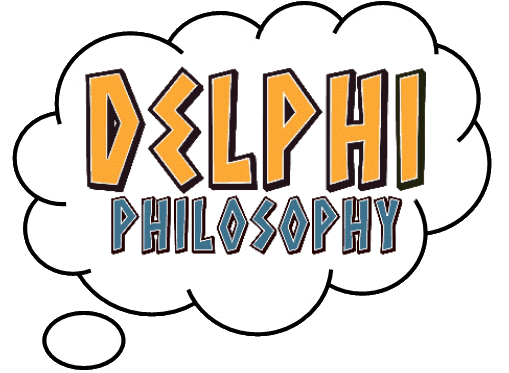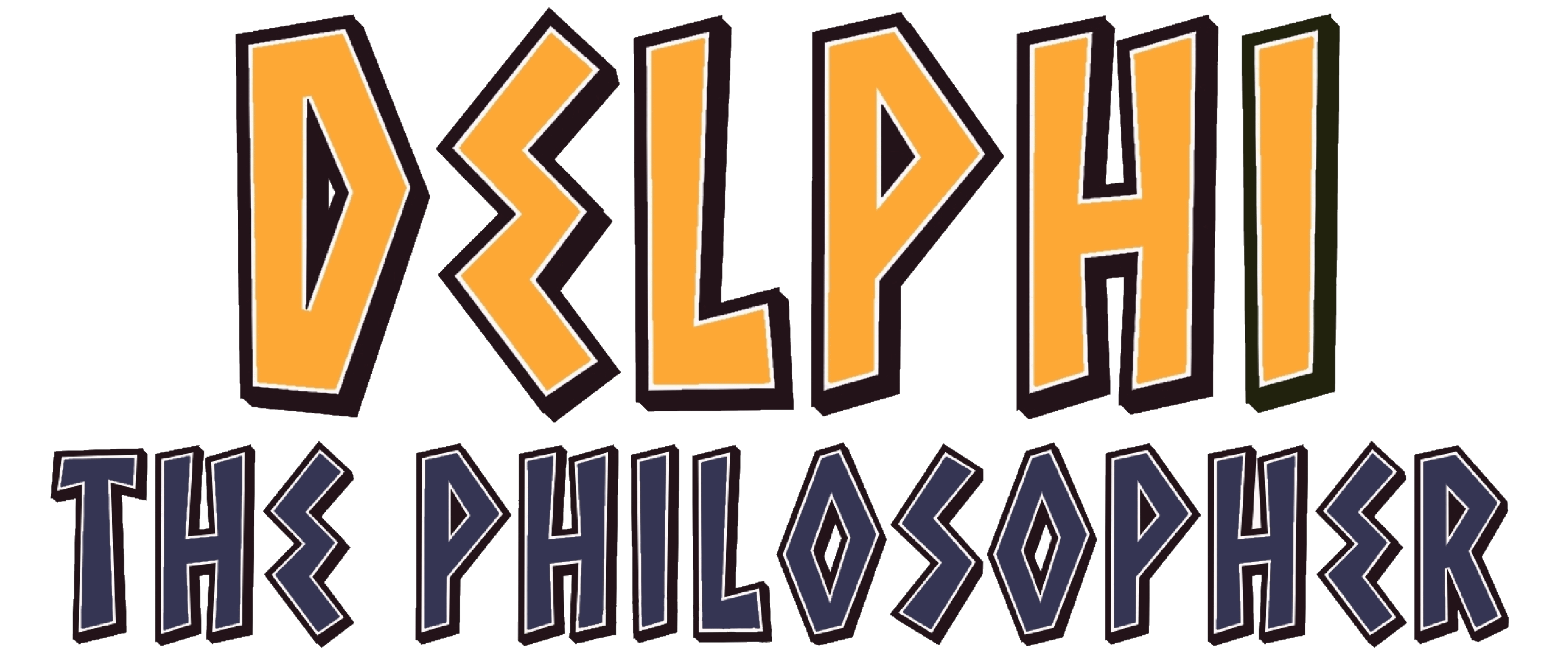Delphi passed him the large bottle of Confidence and he looked down at it. Delphi plucked the Kindness out of his other hand. With only a little hesitation, they both pulled out the cork at the top.
“Just a sip?” Plato suggested, and Delphi nodded.
“No wussing out,” she whispered. They clinked bottles, counted to three and drank.
Delphi thinks she might have found out how to be a good person - it all lies in the strange potions she finds in an abandoned shop. Of course, Delphi persuades Plato that they must find out if they really work. Surely drinking a Kindness potion wouldn't change her that much anyway, would it?
Big Questions:
-
What is a good person like?
-
Can you be too kind or too confident?
-
What virtues make a good person?
Skills focus:
-
Thinking of examples to support an idea
-
Asking 'what if' questions
-
Considering the consequences of an idea
Teach this lesson!
Register for free and download the lesson plan, slideshow and resources to teach this enquiry yourself.
Lesson Overview
This lesson focuses on what makes a good person and the idea of ‘if’. The children will develop their enquiry skills, particularly in terms of asking ‘What if…?’ to both predict what might happen and also to try out different ideas and possibilities. The content is based around Aristotle's virtue ethics, and the children respond to the idea that the ideal person has the ‘middle’ of every pair of virtues (not too kind, not too selfish, for example).





